In a US-China war, will the first blow be struck in space?
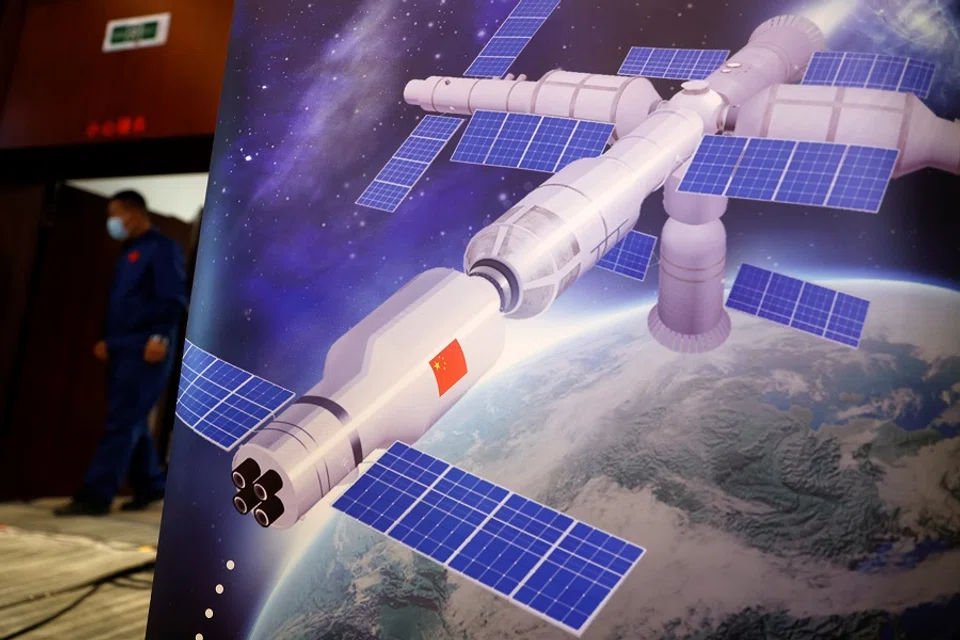
The feared military conflict between the US and China may not take place on a battlefield in the Taiwan Strait, Central Asia or the South China Sea, but in space.
Thinking further, if China and the US were to go to war, the point of first attack could be striking satellites in space.
This week, American billionaire Elon Musk's ambitious Starlink project sparked discussions of a China-US space race. Musk not only makes electric vehicles and invests in cryptocurrencies but is also behind SpaceX, a space exploration technologies enterprise set up in 2002. In 2014, he proposed the Starlink project which would deploy 12,000 satellites into space over the next five years to create a Starlink network that provides high-speed broadband internet across the globe. Covering the earth from space - this is indeed a lucrative business.
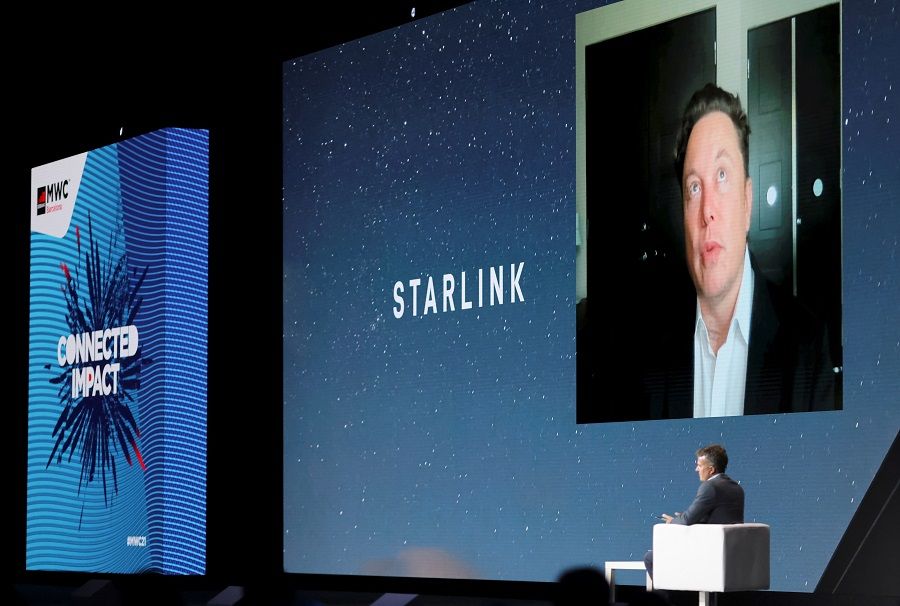
With such a large number of satellites in space, the probability of accidents has also greatly increased.
Currently, SpaceX has launched nearly 1,900 Starlink satellites, accounting for about half the number of satellites in orbit and serving 20 countries. The enterprise also plans to deploy an additional 30,000 satellites, bringing the total number of satellites in operation to 42,000.
Jostling for space in space
With such a large number of satellites in space, the probability of accidents has also greatly increased. In July and October this year, two Starlink satellites went too close to China's space station Tiangong, prompting the space station to implement preventive collision avoidance control. Thus, China filed a complaint with the United Nations (UN) in early December, accusing SpaceX's Starlink satellites of bringing "dangers to the life or health of astronauts aboard the China Space Station".
The Chinese foreign ministry confirmed the above information at a regular press conference on 28 December. Citing the 1967 Outer Space Treaty, spokesperson Zhao Lijian criticised, "The US claims to be a strong advocate of the concept of 'responsible behavior in outer space', but it disregarded its Treaty obligations and posed a grave threat to the safety of astronauts. This is [a] typical double standard."
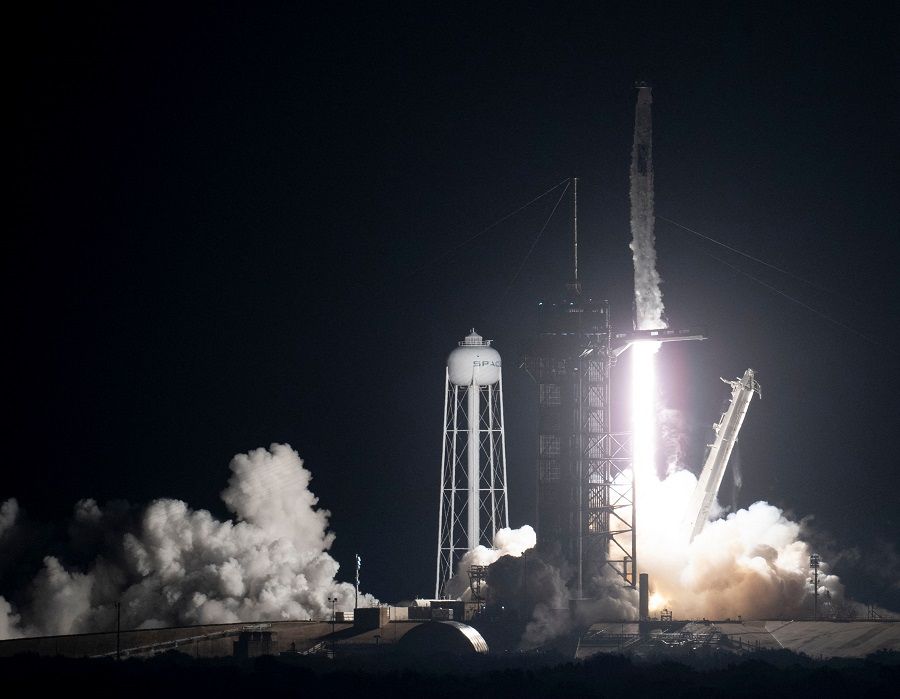
Are satellites in the sky really just as innocuous as cars on earth?
Musk, who once had a good reputation in China and landed a deal with the Shanghai authorities to build a Gigafactory it could call its own - a first in China - has now come under attack, with Chinese netizens berating him.
Actually, newly appointed director-general of the European Space Agency Josef Aschbacher had warned in early December that Musk was "making the rules" in space and urged European governments to stop enabling Musk to dominate the space industry. But Musk pushed back at the remarks, saying in an interview, "Space is just extremely enormous, and satellites are very tiny." He added, "A couple of thousand satellites is nothing. It's like, hey, here's a couple of thousand of cars on Earth, it's nothing."
Are satellites in the sky really just as innocuous as cars on earth? China clearly does not think so. It believes that commercial objectives aside, the military strategic significance of the Starlink project must not be underestimated.
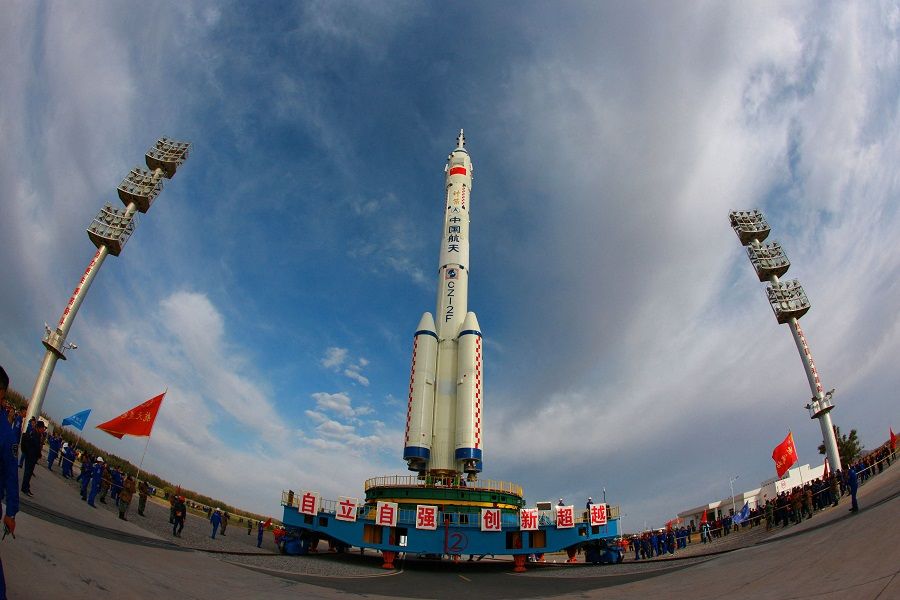
In modern warfare, information systems determine the success or failure of war. If China can paralyse the US's GPS, the US military would be like giants suffering from a central nervous system paralysis.
In fact, in early 2020, Chinese academics and the media had already sounded a warning about SpaceX's ambition to dominate radio frequencies and orbital slots and launch one of the largest space "Enclosure Movements" in half a century.
The power to implement a 'space blockade'?
This week, huanqiu.com reported that as soon as all 42,000 Starlink satellites are deployed and positioned, it would be akin to building a barrier in low earth orbit. When other countries want to determine the launch window for their rockets, they would need to discuss and coordinate with SpaceX, lest their rockets collide with Starlink satellites. SpaceX would effectively be able to implement a "space blockade" against the enemy during a war.
If the commercially-driven Starlink project shifts its focus, alarm bells will certainly be ringing for China. Similarly, the space arms race is also a battle that the US cannot lose - it will certainly mobilise private resources to guard against threats from China
Also, with the exorbitant cost of high orbit satellites and the fact that the US's GPS system only consists of 24 satellites, if a large number of kinetic energy interceptors are used to attack them, the US's global positioning and navigation system as well as its precise time synchronisation system would be paralysed, dealing a fatal blow to the US military's global combat capabilities. Comparatively, there are tens of thousands of low-orbiting Starlink satellites. Even if just a few of them are destroyed, the consequences would still be dire and massive volumes of fragments would be produced.
In modern warfare, information systems determine the success or failure of war. If China can paralyse the US's GPS, the US military would be like giants suffering from a central nervous system paralysis. According to a 2019 report by Todd Harrision, director of the Center for Strategic and International Studies' Aerospace Security Project, China "can effectively hold all US military satellites at risk". If the commercially-driven Starlink project shifts its focus, alarm bells will certainly be ringing for China. Similarly, the space arms race is also a battle that the US cannot lose - it will certainly mobilise private resources to guard against threats from China.
To a large extent, China's space exploration in recent years is an attempt to attain great power status.
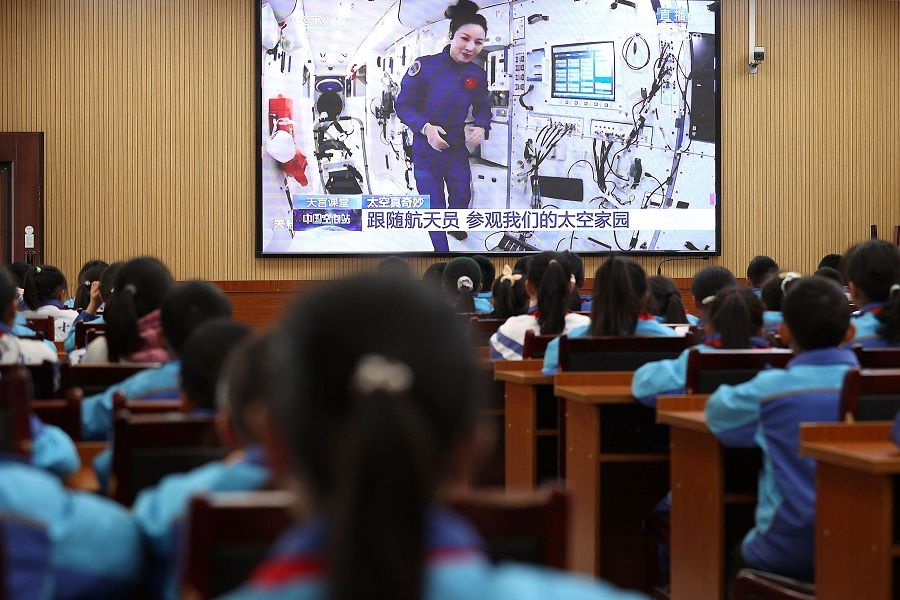
However, even Western academics have acknowledged that so far, there is no sign that China is using these space technologies and capabilities for anything destructive. Kazuto Suzuki, a professor of science and technology policy at the University of Tokyo's Graduate School of Public Policy told local media this week that sending humans into space is costly and comes at great risk. If the aim was purely militaristic, China would only need to launch sophisticated satellites. However, they are building a space station, going to the moon and Mars as a show of China's technological prowess to its people and the international community.
These remarks imply that space is just another arena for great powers to exhibit their strength. During the Cold War, the US and the Soviet Union once competed in a space race. To a large extent, China's space exploration in recent years is an attempt to attain great power status. But then again, if tense China-US relations do not ease up, we cannot rule out the possibility that space could become another battleground. The current situation reveals the fact that both countries are preparing for this possibility.
Related: From earth to space: India and China's space programmes gear up for intense competition ahead | Will the US be left out of China's space station projects? | China's strides in technology good for US and the world | China everything: Where has America's confidence gone? | America turning to state intervention to win US-China tech war | Elon Musk's indissoluble bond with China
